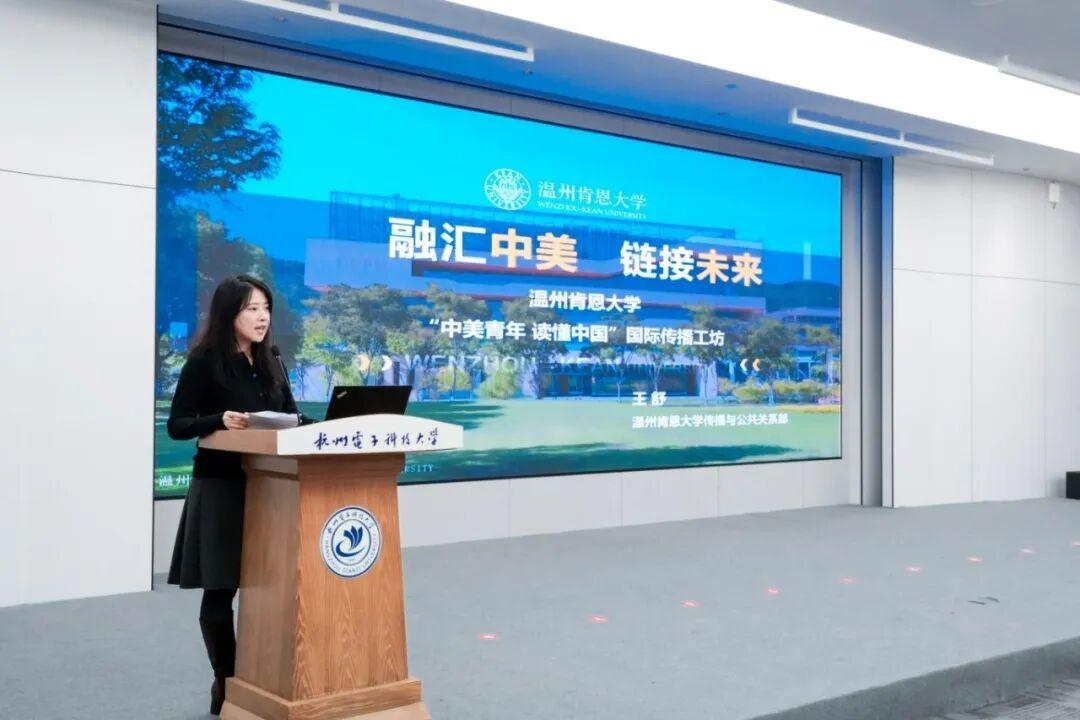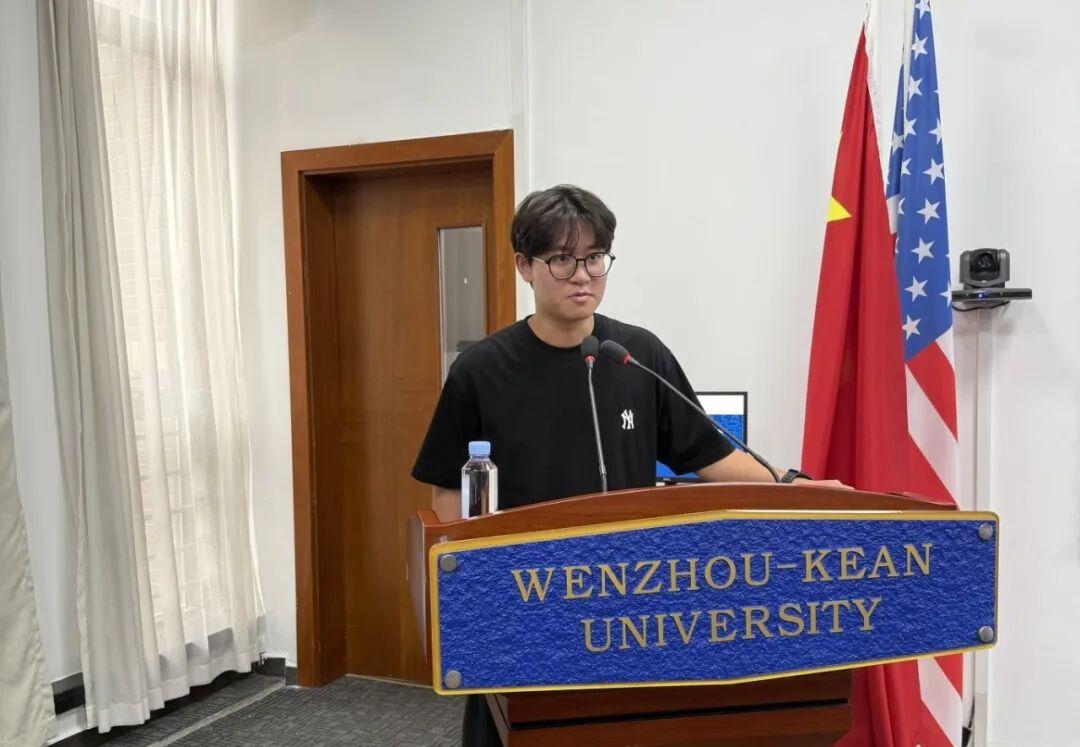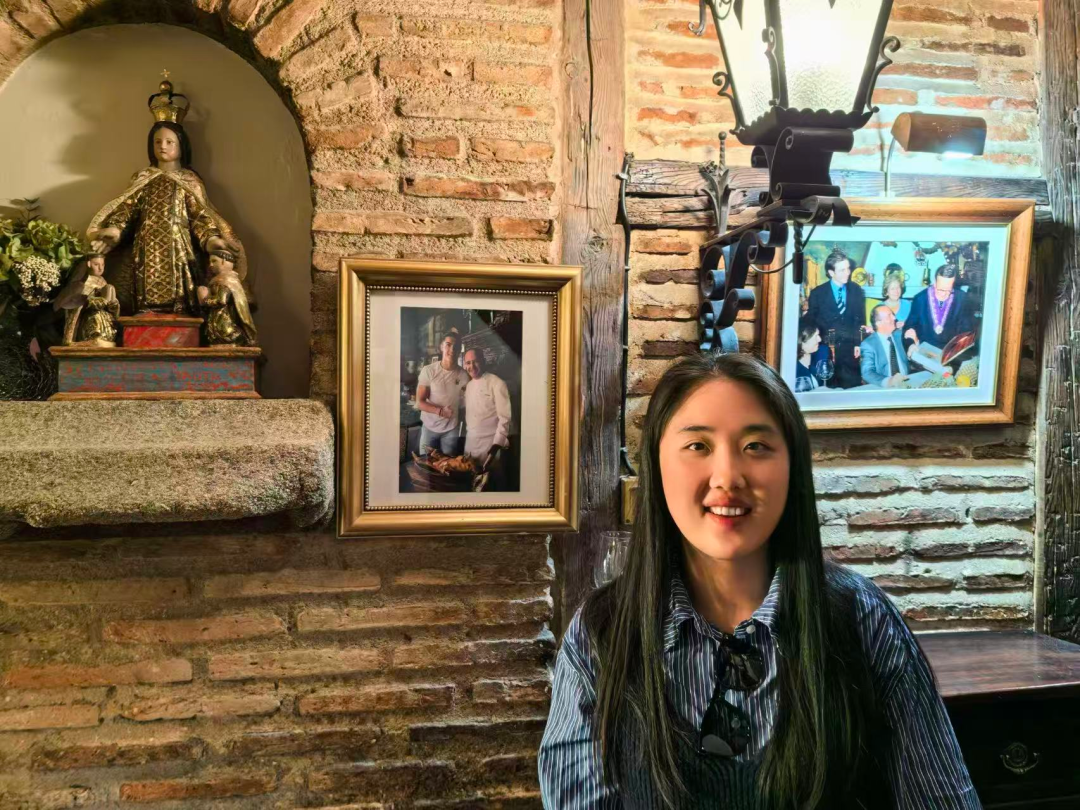
Ali Bahadur
-
职位:化学助理教授
-
学院:理工学院
-
办公室:CSMT 522
-
邮箱:
Education background
Ph.D. in Chemistry: Quaid-i-Azam University, PK
M.Phil. in Chemistry: GC University, PK
M.Sc. in Chemistry: University of the Punjab, PK
B.Sc. in Chemistry: University of the Punjab, PK
Courses teaching in WKU
- Molecular Spectroscopy (CHEM 4909)
- Stereochemistry and Nomenclature (CHEM 4909)
- Polymer Chemistry (CHEM 4909)
- Physical Chemistry I (CHEM 3381)
- Physical Chemistry Lab (CHEM 3382)
- Quantitative Chemical Analysis (CHEM 2283)
- General Chemistry II (CHEM 1084)
- Independent Research in Bio (BIO 4961)
- Organic Chemistry III
- Inorganic Chemistry I
- Nuclear Magnetic Resonance Spectroscopy
- Reactive Intermediate
- Advanced Stereochemistry of Cyclic Compounds
- Retro Analysis of Organic Compounds
- Protecting Groups
- Organometallic Compounds
- Organic Polymer Chemistry
- Advanced Chromatographic Techniques
- Thermal Methods of Analysis
- Molecular Spectroscopy
Biography
Dr. Ali Bahadur serves as an Assistant Professor in the Department of Chemistry at Wenzhou-Kean University. His distinguished academic and professional career includes significant international research experience, underscored by two prestigious postdoctoral fellowships: the Korea Research Fellowship (KRF) at Seoul National University, South Korea, and the Japan Society for the Promotion of Science (JSPS) Fellowship at Tohoku University, Japan. His interdisciplinary research spans organic chemistry, nanomaterials, polymers, and biomaterials, focusing on advanced materials for applications in Li-ion batteries, electrocatalysis, photocatalysis, solar cells, and nanomedicine.
Research interests
Dr. Ali Bahadur's research is focused on several cutting-edge areas, including:
- Li-ion battery and supercapacitor materials
- Water splitting (OER)
- Electrocatalysis (CO2 reduction, OER, HER, glycerol oxidation)
- Photocatalysis & dye degradation
- Microwave absorber nanomaterials
- Dielectric materials for supercapacitors
- Dye-sensitized solar cells
- Nanocarriers for cancer treatment and bio-imaging
- Sustained drug delivery, drug design, bone tissue regeneration, and scaffolding
- Surface functionalization and modification of nanomaterials
- 2D materials and nanocomposites
In recognition of his significant research contributions, he was ranked among the Top 2% of researchers worldwide according to Stanford University's ranking in 2023 and 2024. Dr. Bahadur has published 168 papers in high-impact ISI-indexed journals, and his work has garnered over 3709 citations with an H-index of 40. He has also received several prestigious fellowships and research grants throughout his career.
Selected Publications
- Journal of Materials Chemistry A (2021) (IF = 14.5) Morphology controlled surface sulfurized CoMn2O4 microspikes electrocatalyst for water splitting with excellent OER rate for binder-free electrocatalytic oxygen evolution
- Applied Catalysis B: Environmental, 2017, 219, 30-35 (IF = 20.2) Designing spatially separated hetero-junction pseudobrookite (Fe2TiO5-TiO2) yolk-shell hollow spheres as an efficient photocatalyst for the water oxidation reaction
- Journal of Power Sources, 2024, 608, 234644 (IF = 9.7) Highly Selective and Stable Electrochemical Reduction of Nitrate to Ammonia Using VO2-x/CuFCatalyst with Oxygen Vacancies)
- International Journal of Hydrogen Energy 2024, 70, 315-324 (IF = 7.2) Enhancing selective Nitrate-to-Ammonia Electrocatalysis with High-Performing Ni2P embedded nitrogen phosphide doped carbon (NPC) deposited on CP: Unprecedented Performance and Stability
- Scientific Reports, 2024, 14 (1), 2897, 2897 Development of stable S-scheme 2D–2D g-C3N4/CdS nanoheterojunction arrays for enhanced visible light photomineralisation of nitrophenol priority water.
Book Chapter
- Electrochemistry and Photo-Electrochemistry of Nanomaterials (Chapter 15: Nanomaterials for Photo-Electrochemical Solar Cells) Elsevier, ISBN: 9780443186004, 1st July 2024
Review papers
- Chemical Engineering Journal, 2025, 507, 160470 (IF=13.2) Optimized silver nanostructures for enhanced antibacterial potential: Recent trends and challenges in the development of metallo-antimicrobials
- Arabian Journal of Chemistry, 2024, 17(10), 105950 (IF= 5.6) Emerging electrocatalysts for green ammonia production: Recent progress and future outlook.
- Journal of Saudi Chemical Society, 2023, 27(6), 101753 (IF= 5.8) Eco-friendly graphitic carbon nitride nanomaterials for the development of innovative biomaterials: preparation, properties, opportunities, current trends, and future outlook.
- Molecules, 2023, 28(22), 7674 (IF=4.9) Recent Updates on Multifunctional Nanomaterials as Antipathogens in Humans and Livestock: Classification, Application, Mode of Action, and Challenges.
RESEARCH FUNDING/GRANTS
- Natural Science Foundation of China, RFIS II (W2532056) Period 2026.1.1-2027.12.31, Title: A stone from another mountain can carve jade: Exploring the impact of international foreign talent identity and adaptation on creativity (800,000 RMB) Co-PI
- Ministry of Education, 教育部产学合作协同育人项目(230800627281113)Period: 2023.10-2025.9, Title: 基于中美教育融合下的国际化“物理化学实验”教学改革与研究 (50000 RMB) Co-PI
- Internal Faculty/Staff Research Support Programs, IRSP WKU (IRSPC2024007 ), Period 2024-2027, Title: Revolutionary 3D Scaffolds: Combating Tumors with Dual Drug Delivery and Surgical Site Support. (100,000 RMB) PI
- International Collaborative Research Program ICRP, WKU 2023 (ICRP2023008), Period 2023.09.23-2025.09.23 Title: Controlled Synthesis of Ti3C2Tx MXene for S-Scheme Face-to-Face 2D-2D layered Heterojunction of Ultrathin WO3/CdS nanosheets for Efficient Photocatalytic H2 Evolution and CO2 Conversion (300,000 RMB) PI
- 2024 Wenzhou Association for Science and Technology – Service and Technology Innovation Program, Period: 2025-2026, Role: PI, Title: Development of Graphene Foam-based Multifunctional Sensor Networks: Next-Generation Sensing Technology (Self Funding)
- Student Partnering with Faculty/Staff Research Program, SpF (WKUSPF2023036), Period: 2023-2024,
Title: pH stimuli, targeted drug delivery, nanomedicine, polymer-modified hybrid magnetic therapeutic, tumor-specific sustained release, Cancer treatment (30,000 RMB) PI - Student Partnering with Faculty/Staff Research Program, SpF, (WKUSPF2023025), Period: 2023-2024,
Title: Characterization and anticancer evaluation of layered double hydroxides (LDH) nanoparticles loaded with 5- fluorouracil and doxorubicin in three-dimensional (3D) colorectal cancer tumor model (30.000 RMB) Co-PI - Student Partnering with Faculty/Staff Research Program, SpF (WKUSPF2024038), Period: 2023-2024,
Title: Novel Polymer Bases smart Nanocarrier as Chemotherapeutic for Targeted Release of Anti-Cancer Drugs (30,000 RMB) PI - Student Partnering with Faculty/Staff Research Program, SpF (WKUSPF202429), Period: 2023-2024,
Title: Engineering the ‘sweet’ side of the protein corona to improve the active targeting of iron oxide nanoparticles (IONPs) in colorectal cancer (CRC) (30,000 RMB) Co PI - Student Partnering with Faculty/Staff Research Program, SpF (WKUSPF202436), Period: 2023-2024,
Title: Construetion of coloreetal cancer (CRC) patient-derived tumoorganoids (PDTOs) on a microfluidic chip for anticance!evaluation oflectin-hctonalized nanopartcles (30,000 RMB) Co PI - Student Partnering with Faculty/Staff Research Program, SpF (WKUSPF202419), Period: 2024-2025,
Title: China’s Got Talent:An in-depth study of International Workers and Chinese Returnee (30,000 RMB) Co PI - zhejiang province department of education-general program, (Y202353358) Period: 2023-2024,
Title: Lectin-functionalized fucose-recognizing gold nanoconjugate in colorectal cancer cells for potentialanticancer therapy (10,000 RMB) Co PI - Internal Start up Research Grant, ISRG, WKU (ISRG2023030) Period: 2024-2025,
Title: Construction of novel fucose-targeting lectin-functionalized iron oxide nanoconiugate for colorectal cancertreatment using bacteria-spheroid co-culture mode! (250,000 RMB) Co PI - Student Partnering with Faculty/Staff Research Program, SpF (WKUSPF2023026), Period: 2023-2024,
Title: Evaluation of determinant factors that enhance transcytosis and the anticancer effect of alginate nanogelloaded with 5-fluorouracil in colorectal cancer (30,000 RMB) Co PI - Wenzhou Talent Program - Ouyue Ying 2024
- Wenzhou Municipal Research Program (2024) Period: 2024-2025, Title: Revolutionizing Solar Fuel Production: A Groundbreaking Study on 2D-2D MXene-based Double Heterojunction for Superior Photocatalytic H2 Evolution and CO2 Reduction (100,000 RMB) PI
- Japan Society for the Promotion of Science (P20042), Period 2022-2024,
Title: Realization of Stimulus-Responsive Drug Delivery Monitored by Bio-Raman Microscopy Co PI - National Research Foundation of Korea (2019H1D3A1A01102931), Period 2019.09-2021.12,
Title: Development of a drug-loaded nanocarrier with intelligent pH-sensitivity capable of delivering targeted anticancer substances (14 Million Won) Co PI
Higher Education Commission of Pakistan (NRPU-I/10579), Period 2019.01-2019.12,
Title: Symmetrical Novel Probes as Efficient Sensitizers for Solar Cells, Synthesis, and Studies (I million PKR) Co PI
EDITORIAL & REVIEW BOARD MEMBER
Guest Editor “Water”
Guest Editor “Frontier in Chemistry”
Guest Editor, “Inorganics”




